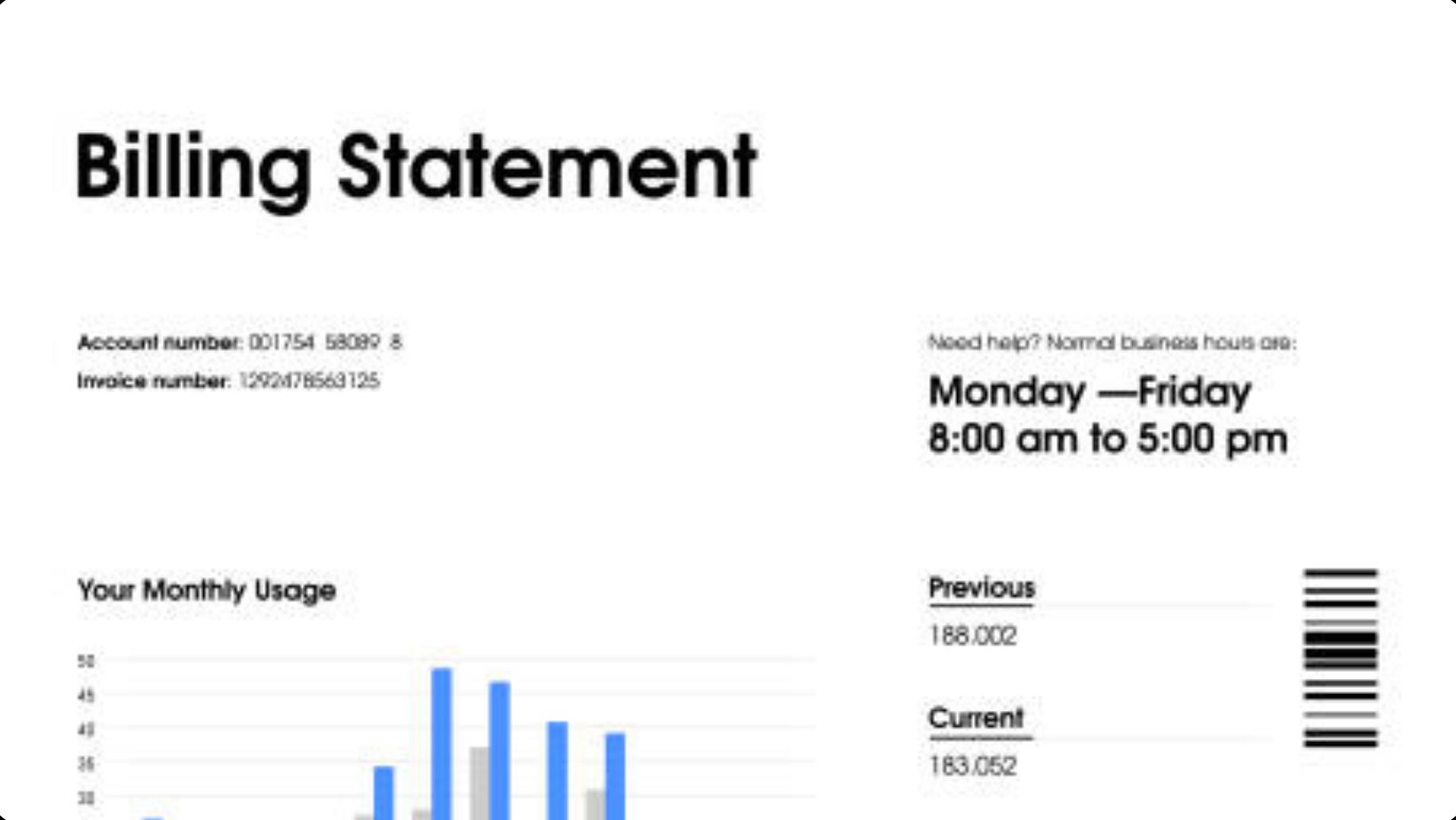
When it comes to managing our finances, keeping track of our bank account statements is crucial. These statements provide a detailed overview of our financial transactions and help us monitor our expenses, income, and overall balance. However, it’s important to understand that relying solely on your financial institution might not be sufficient if there is a mistake on your bank account statement.
Here are a few key points to help you better understand bank account statements:
- Accuracy is vital: Bank account statements should accurately reflect all the transactions associated with your account. This includes deposits, withdrawals, transfers, fees, and any other activity related to your finances. It’s essential to analyze each statement carefully and ensure that everything aligns with your records.
- Mistakes can happen: Despite the best efforts of financial institutions, errors can occur in bank account statements. These mistakes could range from simple data entry errors to more complex issues like duplicate charges or missing transactions. It’s important to remain vigilant and promptly address any discrepancies you identify.
- Take ownership of your finances: While financial institutions play a significant role in managing our accounts, we must take an active role in overseeing our own financial well-being. Regularly monitoring your bank account statements allows you to catch mistakes early on and take appropriate action before they escalate into larger problems.
- Keep supporting documents: In case you do find an error on your bank account statement, it’s helpful to have supporting documents such as receipts or transaction confirmations readily available for reference when discussing the issue with your financial institution.
- Communicate with your institution: If you notice an error on your bank account statement, reach out to your financial institution immediately to report the discrepancy and seek resolution. Provide them with all the relevant information regarding the erroneous transaction(s) for their investigation.
Remember that while financial institutions strive for accuracy in their services, mistakes can still occur within their systems. By actively monitoring your bank account statements and promptly addressing any issues, you can take control of your financial well-being and ensure that mistakes are rectified in a timely manner.
In the next section, we’ll delve deeper into the steps you can take to resolve errors on your bank account statement and protect yourself financially. Stay tuned for more valuable insights!

Your Financial Institution Can’t Help You If There Is A Mistake On Your Bank Account Statement.
When it comes to managing our finances, bank account statements play a crucial role in keeping track of our transactions and ensuring the accuracy of our financial records. However, mistakes can occasionally occur on these statements, which can lead to confusion and frustration. It’s important to be aware of some common mistakes that might appear on your bank account statement:
- Transaction Errors: One of the most common mistakes is an error in recording transactions. This could include duplicate entries, incorrect amounts, or transactions that were not authorized by you. These errors can affect your balance and potentially cause discrepancies in your financial records.
- Missing Transactions: Sometimes, certain transactions may not appear on your bank account statement at all. This could happen due to delays in processing or technical glitches within the banking system. It’s essential to cross-reference your own records with the statement to ensure that no transactions are missing.
- Fee Discrepancies: Banks often charge various fees for different services they provide, such as ATM fees or monthly maintenance charges. However, there may be instances where you notice discrepancies between the fees charged and what was stated in the bank account statement. These errors should be addressed promptly to avoid any unnecessary charges.
- Incorrect Interest Calculations: If you have a savings account or any type of interest-bearing account, it’s crucial to analyze the interest calculations mentioned on your bank account statement regularly. Mistakes in calculating interest rates or incorrect compounding periods can result in inaccurate balances being reported.
- Identity Theft/Fraudulent Activity: In unfortunate cases of identity theft or fraudulent activity, unauthorized transactions may appear on your bank account statement without your knowledge or consent. It’s important to carefully analyze each transaction listed and report any suspicious activity immediately to your financial institution.
